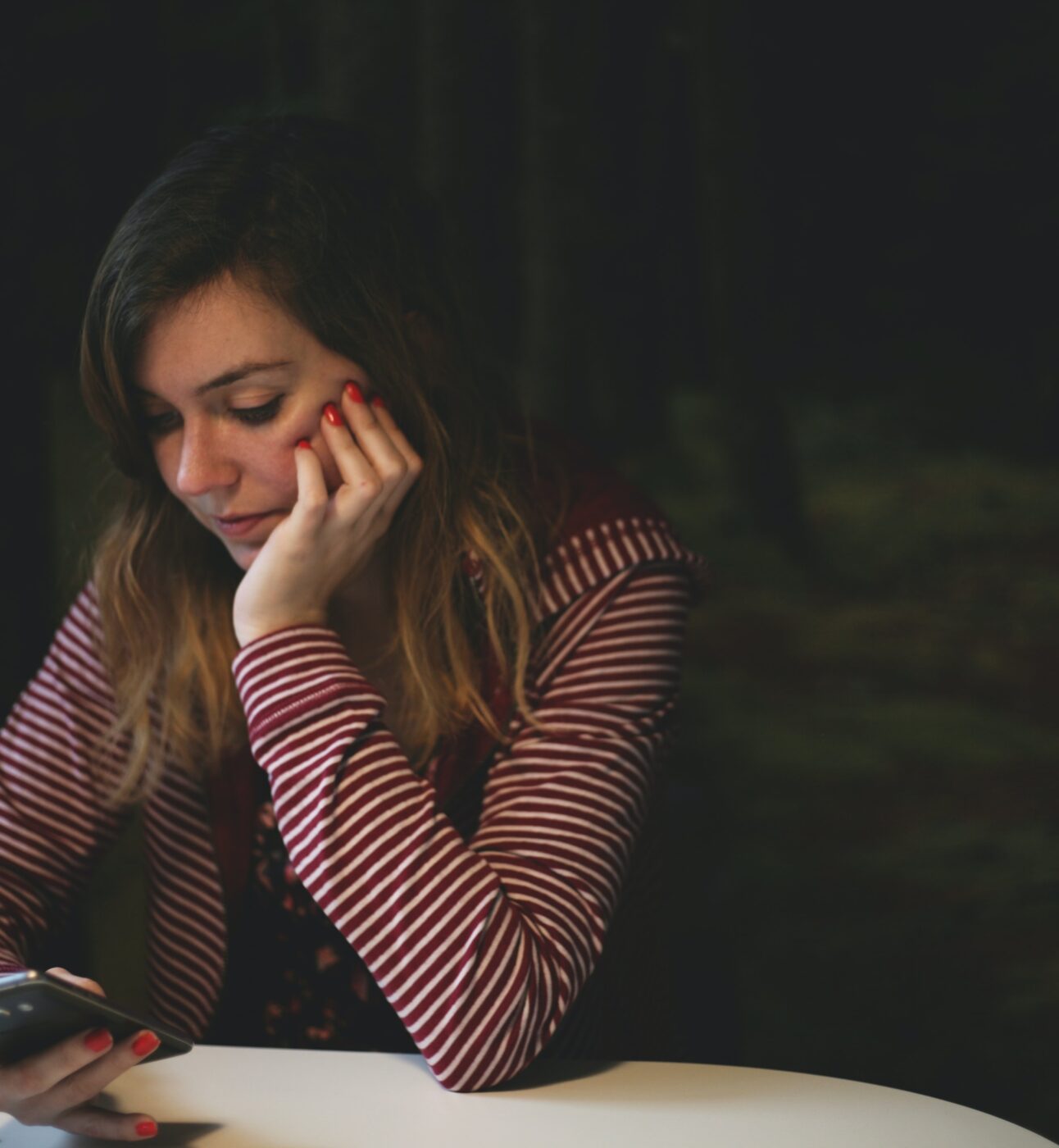
homeless link
have an excellent search engine for finding services in England that may be relevant including a filter for finding health services, these can also be filtered by region, the support offered and more.

Being registered with a GP is an important step to getting help with your physical and mental health. Find out how to find and register with a GP, whether you’re experiencing homelessness or not.
You never know when you might need medical care or mental health support, so we strongly advise you to register with a surgery close to where you’re staying.
If you’re currently homeless, try and explain this to the surgery in advance of filling in the form, by phone, email or in person.
You should not be refused NHS care because you do not have a proof of address or ID. It doesn’t matter if you’re an asylum seeker, a refugee, homeless or in the country illegally.
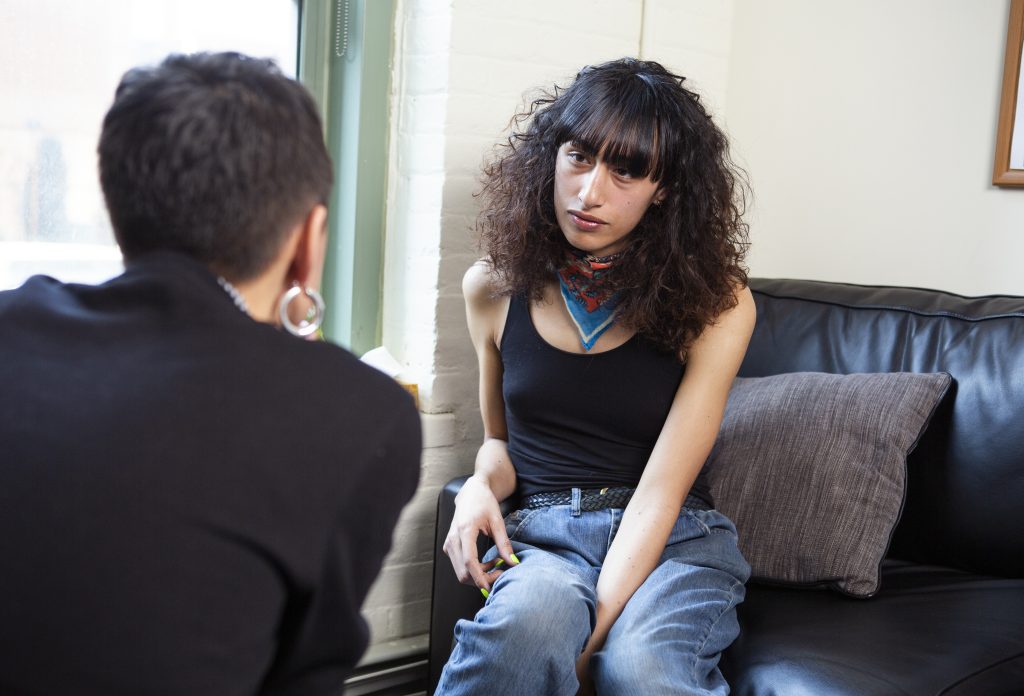
you do not have to provide ID when registering with a GP, but it is helpful to do so.
Your GP surgery will most likely ask you for several forms of ID and proof of address when you sign-up, but it is possible to register without ID and proof of address.
having at least one of these forms of ID will make the process quicker and easier for you:
it’s free to register with an NHS GP.
You never have to pay for a GP appointment in the UK, once you’re registered.
you have the legal right to choose a GP practice that best suits your needs.
Often this is about proximity to where you live, but there are many valid reasons you could choose one GP surgery over another.
your GP practice cannot refuse to register you without good reason.
A GP practice may refuse to register you because:
Your GP cannot refuse you based on race, gender, social class, age, religion, sexual orientation, appearance, disability or a medical condition.
If your GP surgery does have legitimate ground to refuse your application, it must also give you reasons for its decision in writing.
If you’re currently homeless, let your GP practice know that you’re ‘of no fixed abode’ or staying near their practice on a temporary basis. You do not need proof of address to register with a local GP without proof of address.
prescriptions are free if you’re registered with a GP in Scotland OR you have a HC2 certificate.
A HC2 certificate is given to people on low incomes and entitles you to free prescriptions, free eye tests and free dental care.
you have the right to ask for a female GP.
If, for whatever reason, you’d be more comfortable with a female GP, you can ask. Currently, there is no NHS guidance around requesting a GP of another gender but if this is important to you, it’s worth asking.
you should be treated with respect and dignity.
your details should always be kept confidential and safe by the GP.
Doctor/patient confidentiality is a real thing. Your doctor should seek your consent before sharing your medical history with anyone outside your healthcare team, including your parents or guardians.
you are entitled to choose a GP practice that best suits your needs.
Often this is about proximity to where you live, but there are many valid reasons you could choose one GP surgery over another.
nhs services have a duty to refer you if you’re concerned about being homeless after an admission
If you’re in hospital and you’re worried about being homeless once you are discharged, then speak to a professional in the hospital as soon as you can. They have a duty to refer you to the council for an assessment. This is true for A&E admissions, walk-in centres and all in-patient services.
You can find out more about getting help from the council if you’re threatened with or experiencing homelessness via this resource from Shelter.
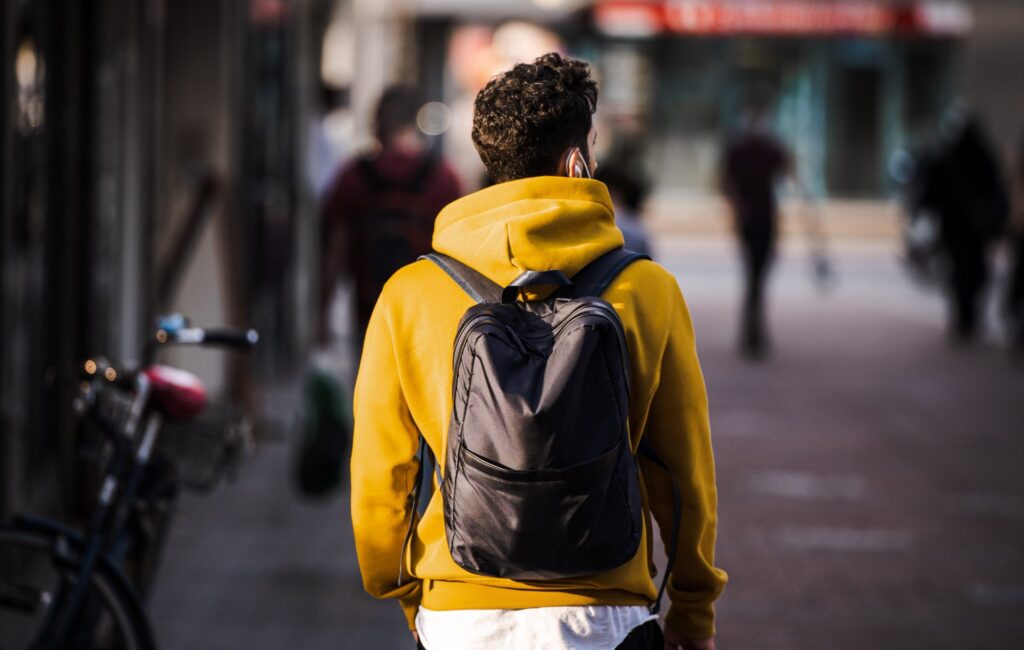
We know that accessing healthcare can be stressful as an LGBTQ+ person, especially when you’re experiencing homelessness. In this resource, you’ll find out what your rights are, and how to access walk-in clinics and services that can help.

have an excellent search engine for finding services in England that may be relevant including a filter for finding health services, these can also be filtered by region, the support offered and more.
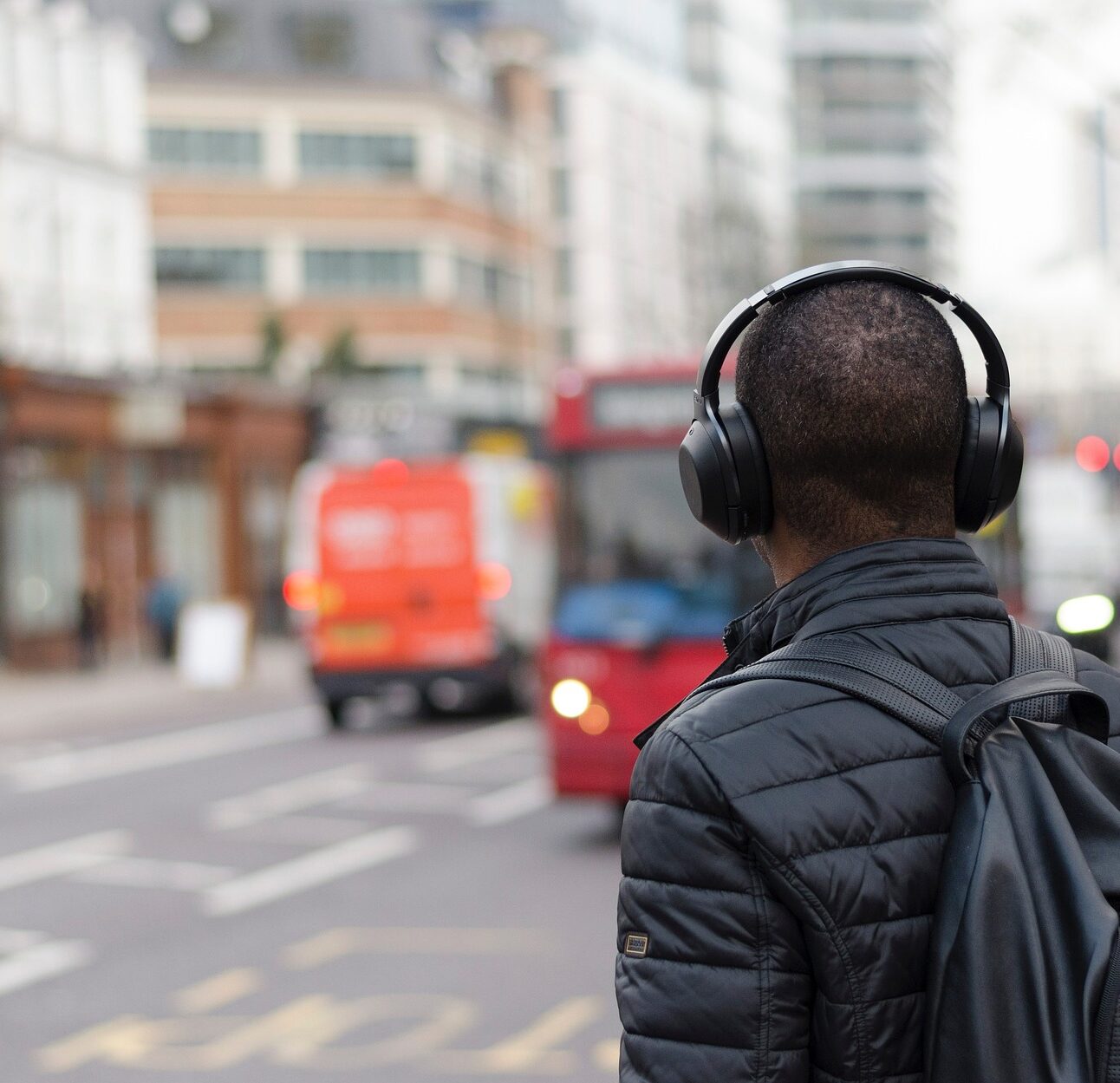
Bristol & South Gloucestershire have the Homeless Health Service who are a team of healthcare workers and support staff who provide advice and treatment to those who are homeless, including those rough sleeping and those living in temporary accommodation.
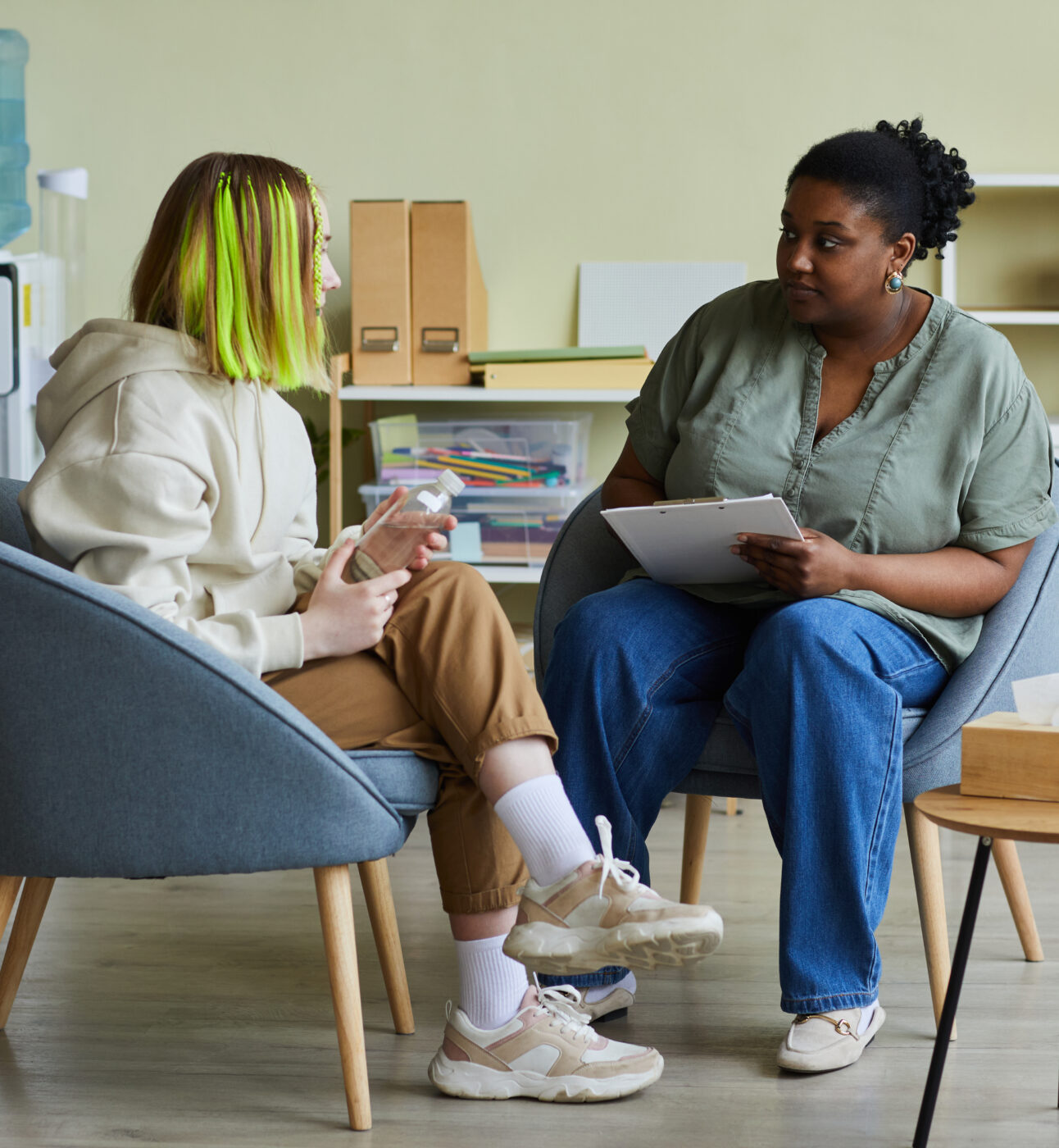
run by the organisation inHope, host a weekly medical ‘wet clinic’ for those who are dependant on alcohol, as well as hosting advisory sessions on topics from housing to healthcare.
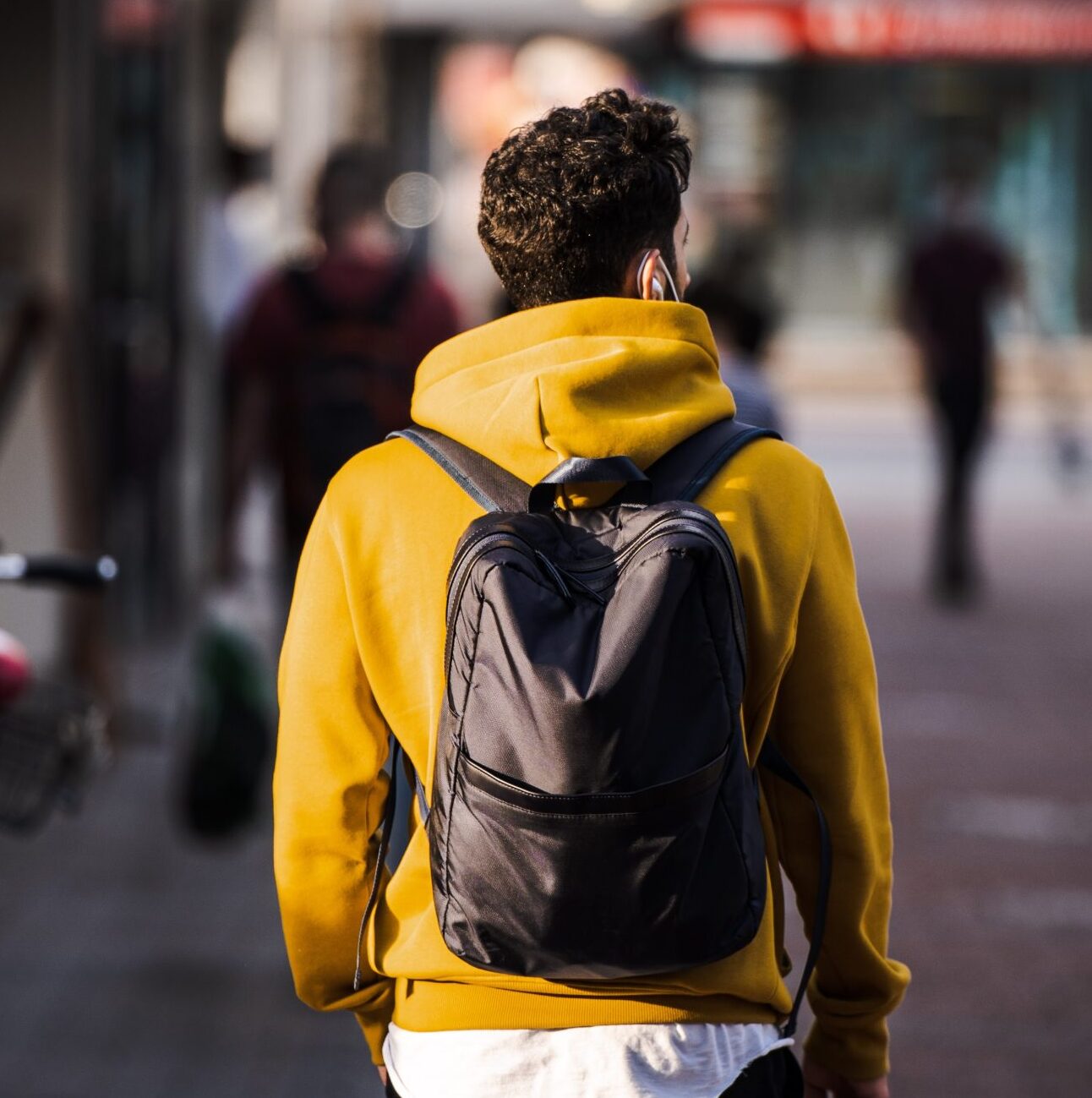
is a charity that provides harm reduction and treatment services to people experiencing problems with drugs or alcohol. Crisis, a homelessness and mental health charity, have Skylight Centres where you can get help with healthcare, accommodation and much more throughout the major cities of the UK (excluding NI).
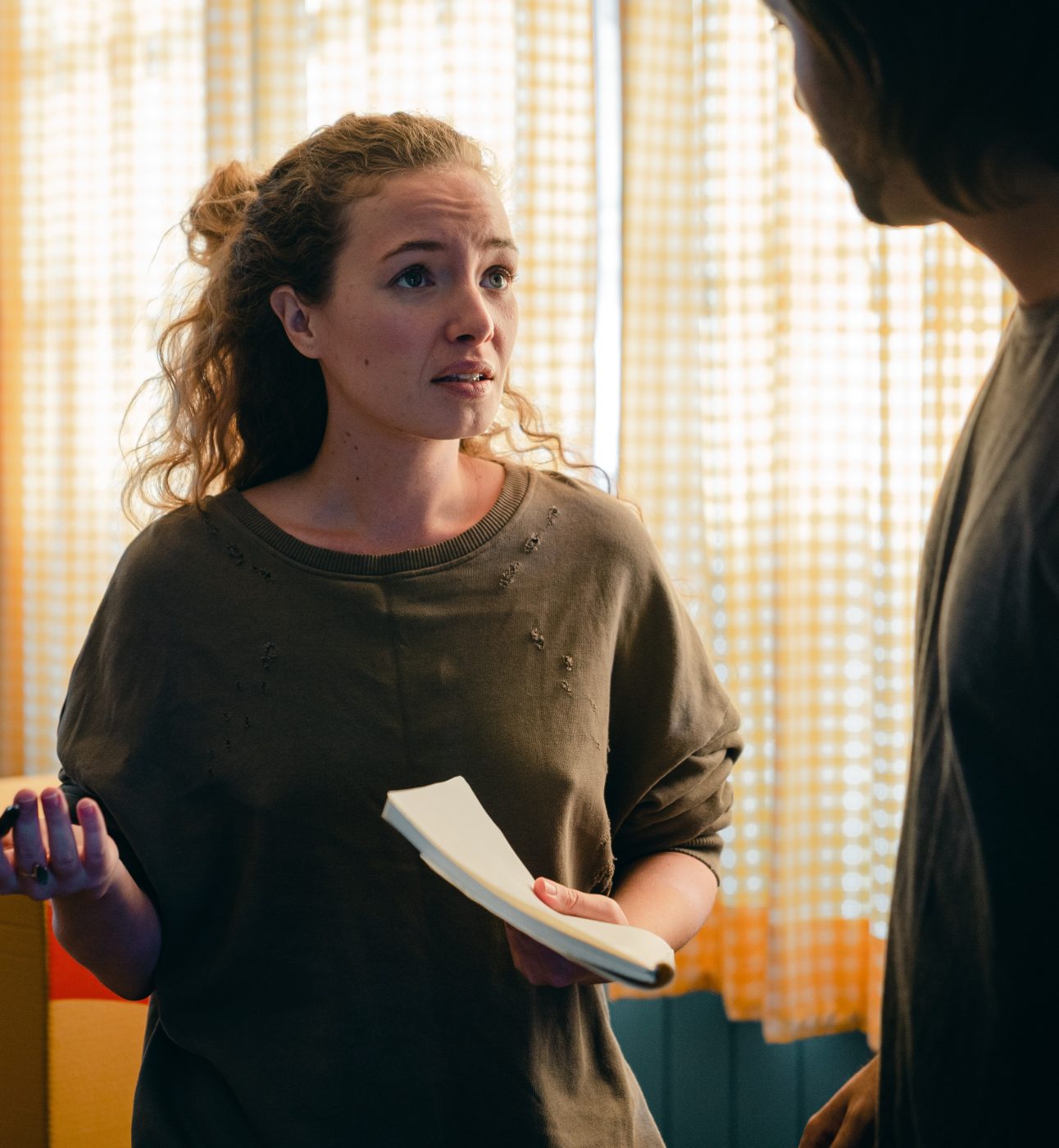
also have a healthcare search filter on their search directory showing the results for the NE including the Joseph Cowen Health Centre who offer primary health care for homeless people as well as needle exchange, de-infestation and much more.
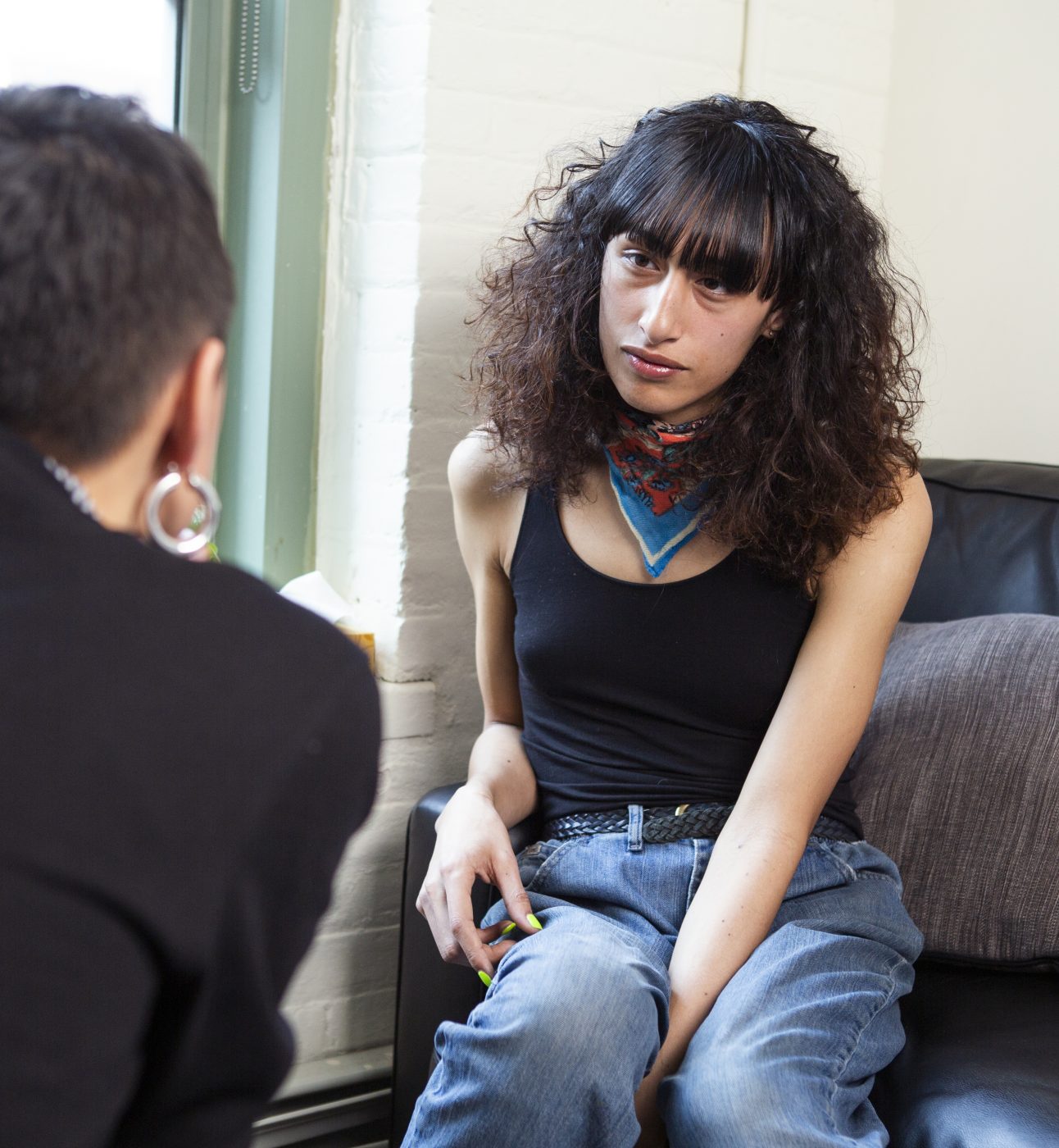
are a GP lead charity working out of over 88 surgeries in the Manchester area, who have a list of their surgeries and what they do to help homeless people.
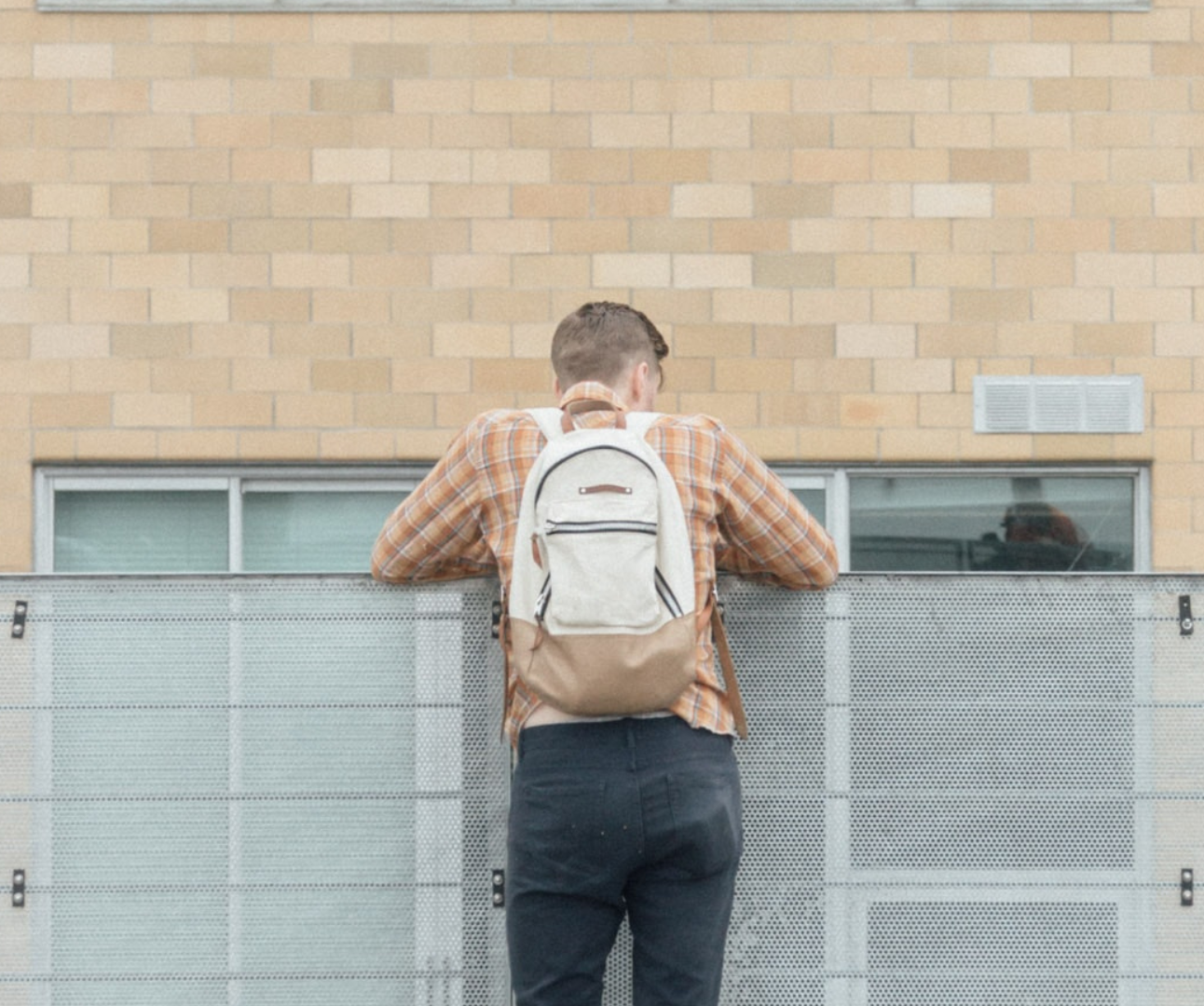
are a GP surgery in the Manchester area who are well known for their support of homeless people. On their website you can book an appointment or use their self-help page.

offer support and advice to young people aged 16 to 24 who are facing homelessness, and also offer health and wellbeing services.

As part of the NHS they also run Urgent Treatment Centres (UTC), these are open at least 12 hours a day and can help with anything from sprains and strains to ear and throat infections. Anything that is not considered an emergency but that needs treatment such as a cut or burn.

is a homelessness charity who focus on the healthcare issues faced by homeless people. They have produced ‘My Right to Healthcare’ Cards which you can download or order through their website.

Groundswell also offer an advocacy service if you need support to attend and understand appointments, health services and information and much more. You can also contact them by phone on 020 7725 2851 or email at Info@groundswell.org.uk.
When you see discrimination and abuse happening, what do you do?

Meeting new people is exciting but it's important to remain cautious when you're meeting someone for the first time.

Pronouns are a part of everyday language - a lot of the time we use them without even thinking! Using the right pronouns is a way of showing respect for all gender identities.